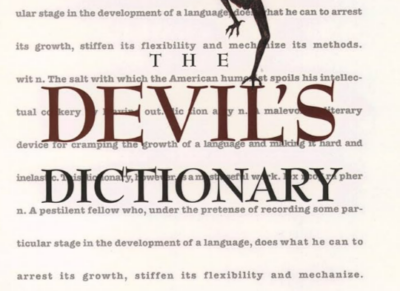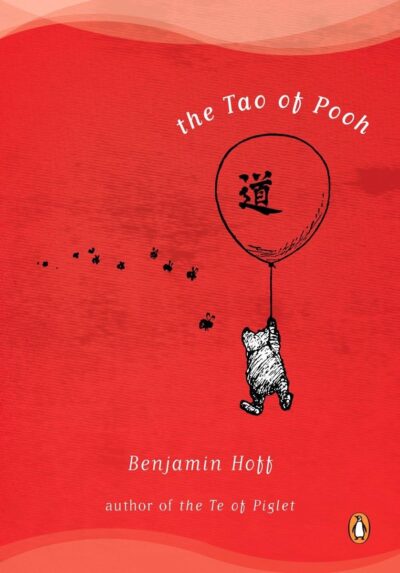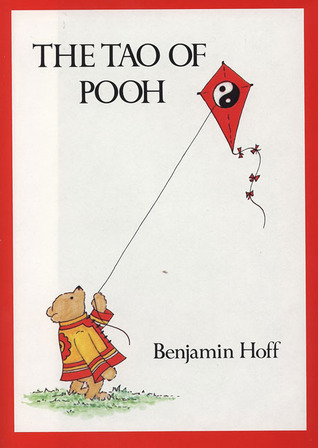147 Results in the "Philosophy" category
Biography & Memoir (513)
Books Like (9)
Business & Finance (3)
Children’s Fiction (235)
Dystopian (30)
Education & Learning (26)
Fantasy (1832)
fashion (1)
Fiction (5781)
Health & Wellness (21)
Historical Fiction (662)
Horror (162)
Literary Fiction (1011)
Non-Fiction (1305)
Novel (240)
Others (106)
Poetry (208)
Politics & History (126)
Posts (121)
Psychology (50)
Religion & Spirituality (1)
Romance Novel (771)
Science & Technology (65)
Science Fiction (409)
Self-Help & Personal Development (112)
The Ultimate Book Lists (1)
Thriller / Mystery (912)
Travel & Adventure (2)
True Crime (57)
view (96)
Young Adult (751)
-
 A New Philosophy by Henri Bergson is a collection of essays where Bergson explores the nature of time, consciousness, and intuition, advocating for a philosophy that emphasizes direct experience and the fluidity of life over rigid, intellectual analysis.
A New Philosophy by Henri Bergson is a collection of essays where Bergson explores the nature of time, consciousness, and intuition, advocating for a philosophy that emphasizes direct experience and the fluidity of life over rigid, intellectual analysis.-
5.1 K • Nov 8, '24
-
4.8 K • Nov 8, '24
-
4.7 K • Nov 8, '24
-
-
Story
The Ways of Men
 The Ways of Men by Eliot Gregory is a novel that examines the complexities of human nature and relationships as a young man grapples with societal expectations, personal ambition, and moral dilemmas in his pursuit of self-discovery.
The Ways of Men by Eliot Gregory is a novel that examines the complexities of human nature and relationships as a young man grapples with societal expectations, personal ambition, and moral dilemmas in his pursuit of self-discovery.-
4.1 K • Nov 8, '24
-
4.0 K • Nov 8, '24
-
4.0 K • Nov 8, '24
-
-
Story
The Devil’s Dictionary
 The Devil’s Dictionary by Ambrose Bierce is a satirical and darkly humorous collection of witty, cynical definitions that expose the hypocrisies and absurdities of human nature, society, and language.
The Devil’s Dictionary by Ambrose Bierce is a satirical and darkly humorous collection of witty, cynical definitions that expose the hypocrisies and absurdities of human nature, society, and language.-
5.0 K • Nov 8, '24
-
5.2 K • Nov 8, '24
-
4.1 K • Nov 8, '24
-
-
Story
The Tao of Pooh
 The Tao of Pooh by Benjamin Hoff is a charming and accessible exploration of Taoist philosophy through the beloved characters of A.A. Milne’s Winnie the Pooh.By using Pooh’s simple, natural way of living as a guide, Hoff illustrates key Taoist principles such as effortless action (wu wei), simplicity, and living in harmony with the world.Blending humor, storytelling, and wisdom, The Tao of Pooh offers…
The Tao of Pooh by Benjamin Hoff is a charming and accessible exploration of Taoist philosophy through the beloved characters of A.A. Milne’s Winnie the Pooh.By using Pooh’s simple, natural way of living as a guide, Hoff illustrates key Taoist principles such as effortless action (wu wei), simplicity, and living in harmony with the world.Blending humor, storytelling, and wisdom, The Tao of Pooh offers…-
2.6 K • Apr 27, '25
-
2.6 K • Apr 27, '25
-
2.1 K • Apr 27, '25
-
-
Story
The Tao of Pooh
 The Tao of Pooh by Benjamin Hoff uses Winnie the Pooh to explain Taoism, showing how simplicity and harmony lead to peace and contentment.
The Tao of Pooh by Benjamin Hoff uses Winnie the Pooh to explain Taoism, showing how simplicity and harmony lead to peace and contentment.-
4.5 K • Jan 24, '25
-
4.9 K • Jan 24, '25
-
4.2 K • Jan 24, '25
-
-
Story
I Cheerfully Refuse
 "I Cheerfully Refuse" is a novel by Leif Enger, published on April 2, 2024. Set in a near-future America marked by societal collapse and environmental challenges, the story follows Rainy, a musician who embarks on a journey across Lake Superior in search of his beloved wife, Lark, a bookseller who has recently passed away. As Rainy navigates the treacherous waters, he encounters a society plagued by illiteracy, a corrupt ruling class, and crumbling infrastructure. Along the way, he forms unexpected alliances, including with a young girl named Sol, and becomes an inadvertent symbol of resistance against the oppressive forces that dominate this dystopian landscape. The novel explores themes of love, loss, resilience, and the enduring power of storytelling.
"I Cheerfully Refuse" is a novel by Leif Enger, published on April 2, 2024. Set in a near-future America marked by societal collapse and environmental challenges, the story follows Rainy, a musician who embarks on a journey across Lake Superior in search of his beloved wife, Lark, a bookseller who has recently passed away. As Rainy navigates the treacherous waters, he encounters a society plagued by illiteracy, a corrupt ruling class, and crumbling infrastructure. Along the way, he forms unexpected alliances, including with a young girl named Sol, and becomes an inadvertent symbol of resistance against the oppressive forces that dominate this dystopian landscape. The novel explores themes of love, loss, resilience, and the enduring power of storytelling.-
4.3 K • Jan 23, '25
-
4.7 K • Jan 23, '25
-
4.6 K • Jan 23, '25
-
